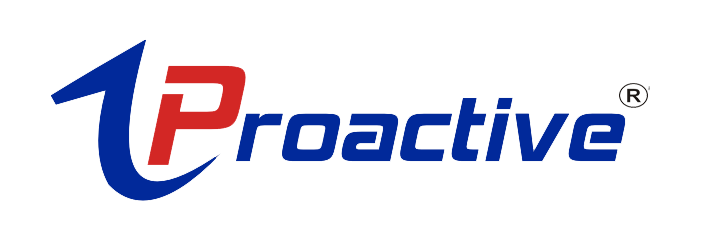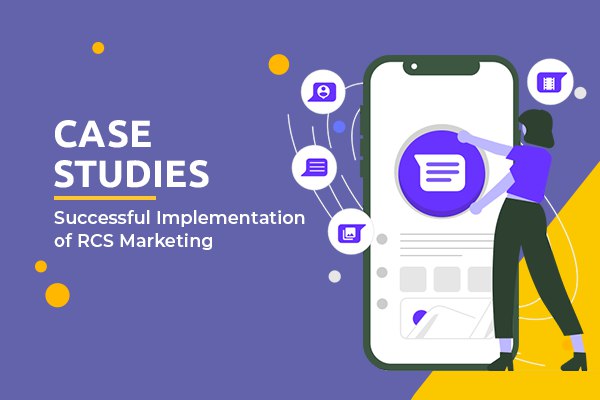Mastering Email Marketing: Strategies for Effective Email Campaigns
- June 27, 2023
- Brand development, Business advice, Digital Category, Email Marketing, Online marketing
In the age of digital communication, email marketing remains a powerful tool for businesses to connect with their audience, nurture relationships, and drive conversions. With billions of people using email worldwide, it offers a direct and personalized way to engage with your target market. In this blog post, we will explore the art of email marketing and provide you with strategies to create effective email campaigns that yield results.
Why Email Marketing Matters?
- Personalized Communication: Email marketing allows you to deliver personalized messages directly to your subscribers’ inboxes. By segmenting your email list based on demographics, interests, or behaviors, you can tailor your messages to meet the specific needs and preferences of your audience.
- Building Relationships: Email marketing provides an opportunity to build and nurture relationships with your subscribers. Through regular and valuable communication, you can establish trust, credibility, and loyalty, leading to long-term customer relationships and repeat business.
- Driving Conversions: Well-crafted email campaigns have the potential to drive conversions and boost sales. By strategically incorporating compelling calls-to-action (CTAs), personalized offers, and engaging content, you can encourage recipients to take desired actions, such as making a purchase, signing up for a webinar, or downloading a resource.
- Analytics and Optimization: Email marketing platforms offer robust analytics that provide insights into campaign performance, open rates, click-through rates, and conversion rates. These analytics allow you to optimize your future campaigns, understand your audience better, and make data-driven decisions to improve results.
Effective Strategies for Successful Email Marketing?
- Build a Quality Email List: Focus on building a quality email list of engaged subscribers who have shown interest in your brand. Offer valuable incentives, such as exclusive content or discounts, to encourage website visitors to subscribe to your emails. Avoid purchasing email lists, as they often result in low engagement and can harm your sender reputation.
- Segmentation and Personalization: Segment your email list based on relevant criteria, such as demographics, interests, or past purchase behavior. This allows you to send targeted and personalized messages that resonate with specific segments of your audience, increasing open rates and engagement.
- Compelling Subject Lines: Craft attention-grabbing subject lines that entice recipients to open your emails. Use personalization, urgency, curiosity, or offer value in your subject lines to pique curiosity and increase open rates. However, ensure that your subject lines accurately reflect the content of your emails to maintain trust and transparency.
- Engaging and Valuable Content: Create content that is valuable, informative, and relevant to your audience. Share industry insights, educational resources, or exclusive offers that provide tangible benefits to your subscribers. Use a conversational tone and compelling visuals to capture attention and keep readers engaged.
- Mobile Optimization: With the majority of emails being opened on mobile devices, it is crucial to ensure your emails are mobile-friendly. Optimize your email templates, use responsive design, and test your emails on various devices and email clients to deliver a seamless experience to mobile users.
- Clear and Compelling Calls-to-Action (CTAs): Incorporate clear and compelling CTAs within your emails to guide recipients toward the desired action. Use persuasive language, highlight benefits, and make it easy for recipients to take the next step. Place your CTAs strategically, such as above the fold or at the end of your emails.
- Test and Optimize: Continuously test and optimize your email campaigns to improve results. A/B tests different elements of your email campaigns, such as subject lines, content layout, CTAs, and visuals. Experiment with different variations and track the performance of each to identify what resonates best with your audience. Use the insights gained from testing to optimize future campaigns and maximize engagement and conversions.
- Automation and Drip Campaigns: Take advantage of automation tools to streamline your email marketing efforts. Set up drip campaigns that deliver a series of targeted and timed emails to nurture leads and guide them through the customer journey. Automation allows you to deliver relevant content at the right time, increasing the likelihood of conversions.
- Personalized Follow-ups: Don’t neglect the power of personalized follow-up emails. Send targeted messages based on previous interactions, such as abandoned cart reminders, post-purchase thank you emails, or personalized recommendations. Personalized follow-ups help build stronger connections and encourage repeat business.
- Analyze and Iterate: Regularly analyze the performance of your email campaigns using email marketing analytics. Track metrics such as open rates, click-through rates, conversion rates, and unsubscribe rates. Use these insights to refine your strategies, improve engagement, and optimize your future email campaigns.
Conclusion: Email marketing remains a valuable and effective strategy for engaging your audience, building relationships, and driving conversions. By implementing the strategies outlined in this blog post, you can create successful email campaigns that resonate with your subscribers and deliver tangible results for your business. Remember to focus on building a quality email list, segment and personalize your emails, craft compelling subject lines and content, optimize for mobile, and continuously test and optimize your campaigns. Embrace the power of email marketing and unlock its potential to connect with your audience and achieve your business goals.
Proactive Professional services Pvt Ltd. offers comprehensive email marketing services to help businesses connect with their audience, build relationships, and achieve their marketing goals.









